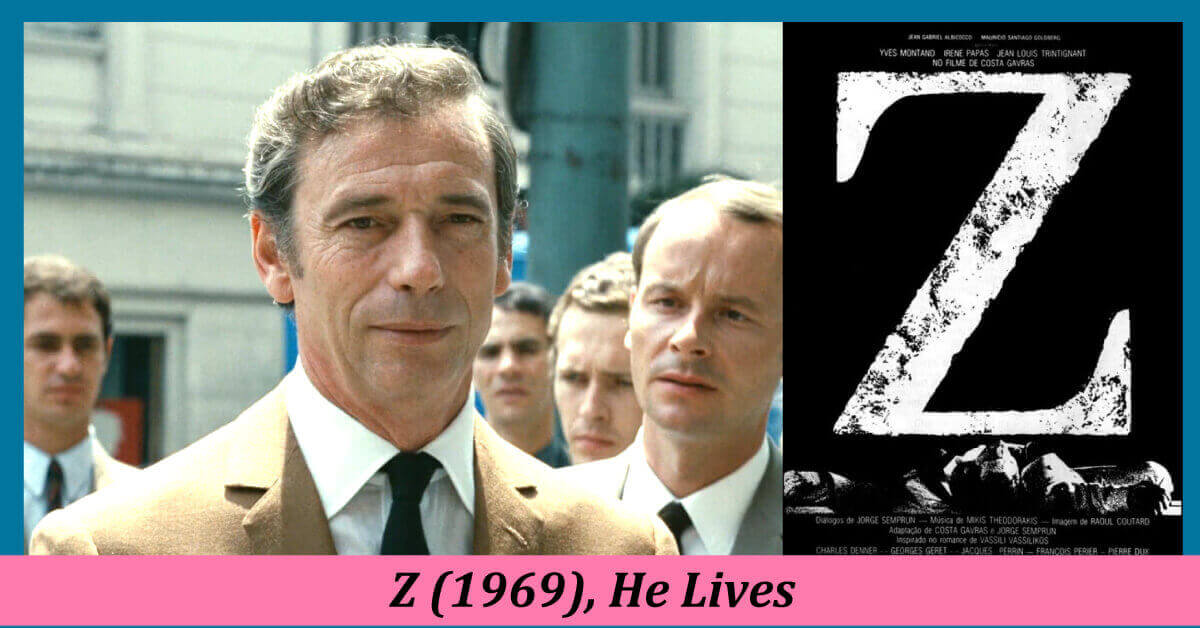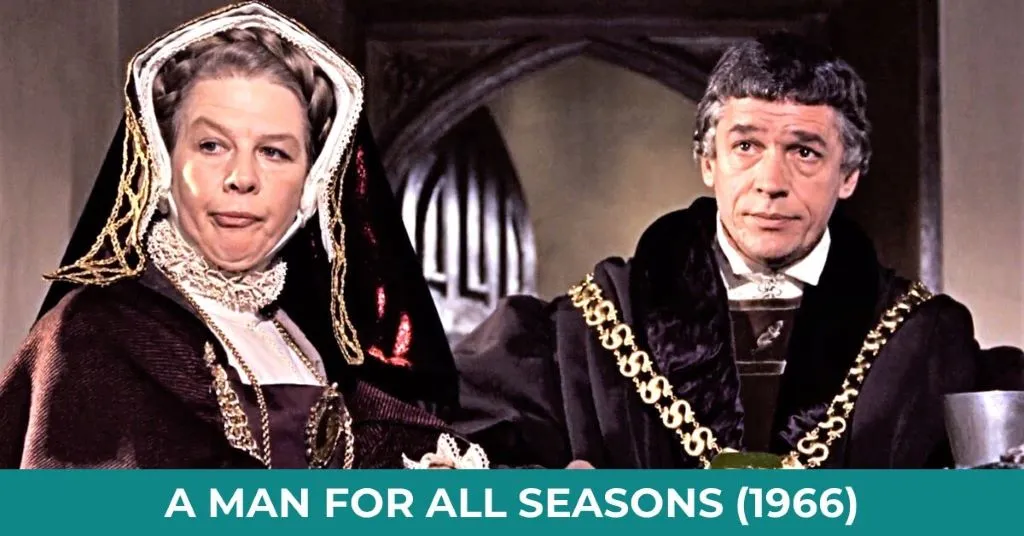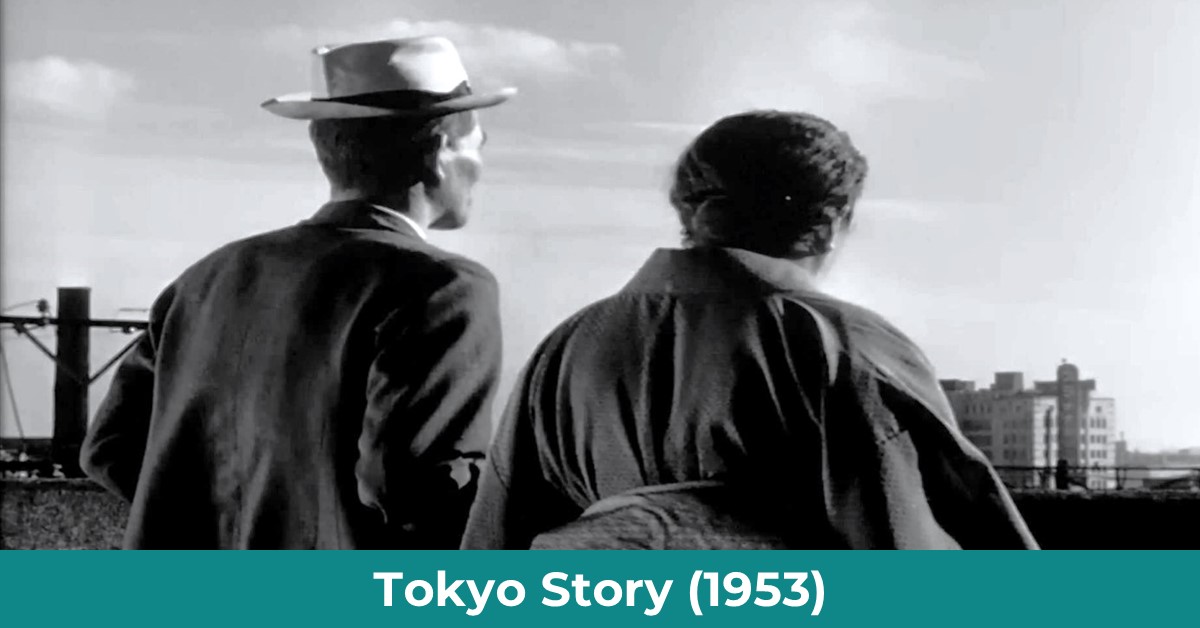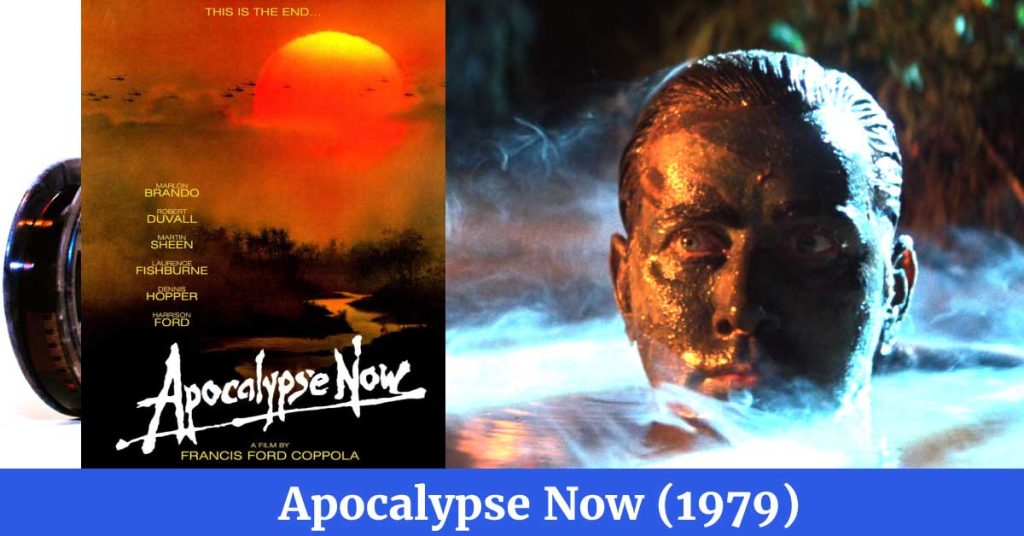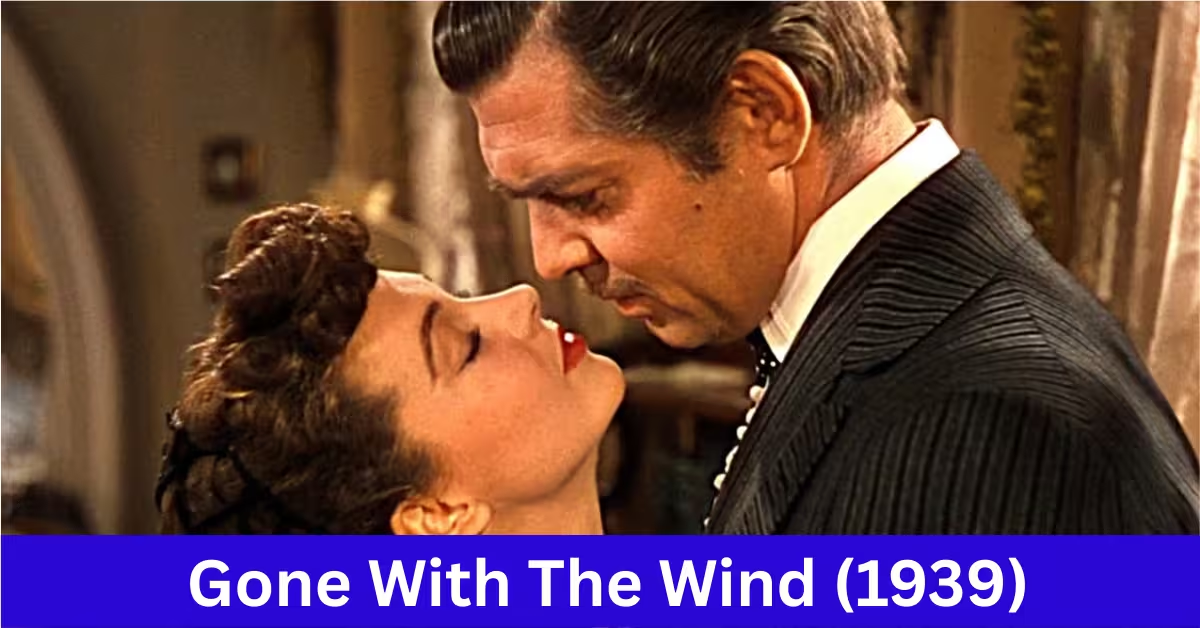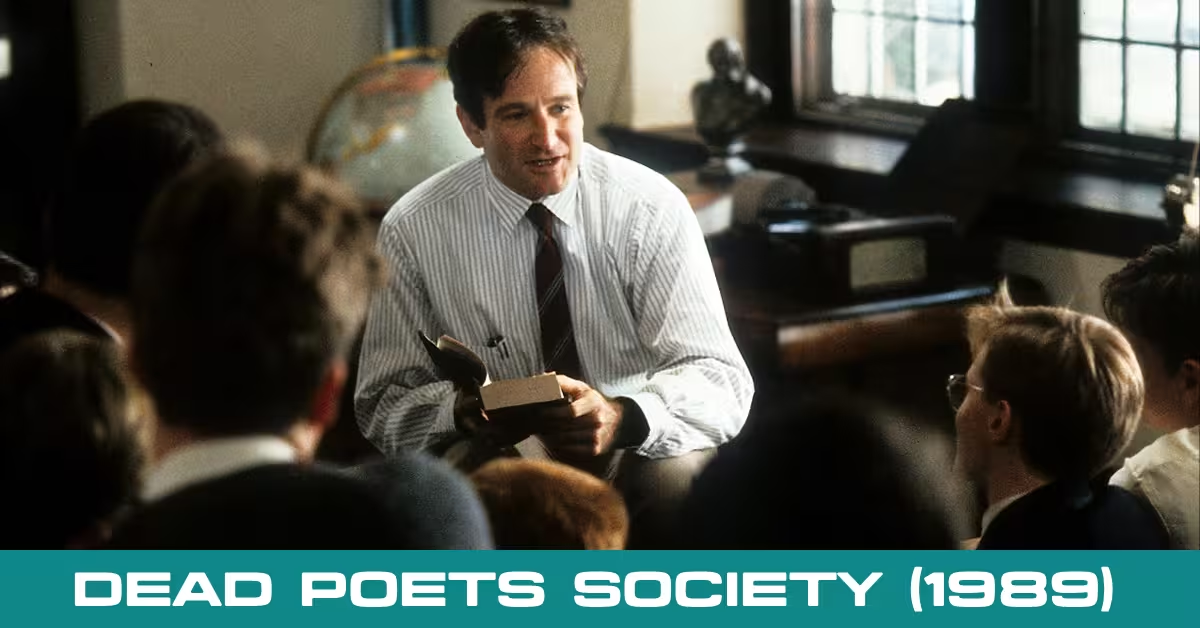Last updated on September 23rd, 2023 at 02:58 pm
Z 1969 is about an ex-Olympic champion, doctor, academic turned politician, and a promising honest leader and deputy of the Opposition who was murdered by the totalitarian police, and war-mongering regime of Russia in 1955, after the Warsaw Pact. Z 1969 is one of the 101 best of 100 years on my list.
Acted by Marcel Bozzufi, Julien Guiomar, Magali Noel, Renato Salvatori, Charles Denner, Pierre Dux, Georges Geret, Bernard Fresson, Irene Papas, Jean-Louis Trintignant, and others, Z 1969 is one of the best foreign language films that won Oscar in Russian language. In ancient Greek, Z stands for He Lives. In this case, the Doctor.
Backed by the state security agency and at the police’s protection two hired extremists, Yago and Vago, Christian Loyalist Organisation against Communism (CROC) killed the deputy after a public speech for his stand against the regime’s oppression, foreign influence, excessive military spending, lack of hospitals and doctors, non-payment of workers and stockpiling of nuclear warheads.
The Inspector-General of the police of the State earlier convinced his people the rise of Opposition as mildew, an ideological disease that must be prevented like any biological mildew, systematically.
Known as the Doctor, the deputy’s killing was a premeditated and skilfully organized one. First, the authority denied the movement’s pre-fixed venue, the Bolshoi, on the pretext of security. Then it did not protect the Doctor from the death threat he received. And again, the state failed to meet the justice for his murder.
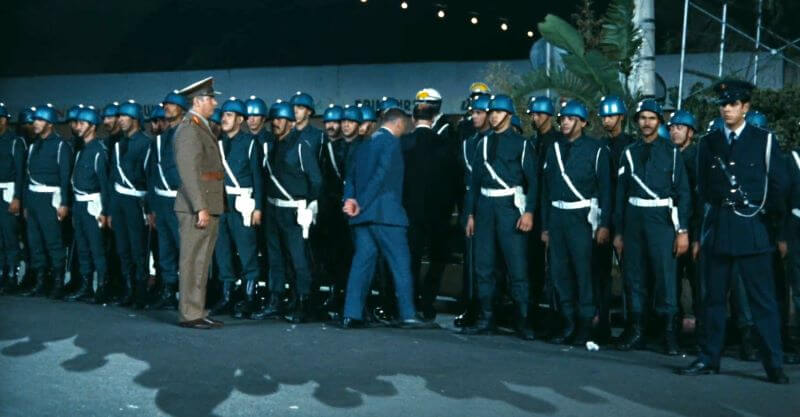
The tragedy was initiated as the Doctor showed himself at the square where his supporters and supporters of the police regime were rallying and police forces were standing guard. He called on the police chief to take control of the demonstration. But the General refused to listen to him.
Suddenly a three-wheeler entered the crowd with a man on the bed. The vehicle swiftly passed across the Doctor and the man waiting on the bed hit him with a club that looked like a police nightstick, and the vehicle fled the crowd in no time.
He was immediately taken to the hospital where he died two days later because of a brain haemorrhage, throwing the state organs into turmoil.
The Inspector-General of the police issued a statement that he fell on the ground because of a hit-and-run driven by a drunk driver. Just an accident. The General and the Chief of the security tried to cover up the murder.
But the Prosecutor appointed a deputy to investigate the incident. The prosecutor began gathering data from the journalist who was covering the incident. The Prosecutor uncover the truth, the truth of police collusion in the incident.
He found out that the General hired the extremist against the Doctor, and was against all the witnesses to the trial. He insisted on turning the suspects in, he provided them with state shelter in the hospital.
The prosecutor presented the findings to the Attorney General, who readily intended to dismiss the case as a vague accusation against the agency and the state, and still leaves the verdict to the jury.
Despite the threat to his career and life, the magistrate declared the proceeding indicting four officials, including the Inspector General. As if the Doctor were alive. The revolution began. The magistrate died of a heart attack. The seven witnesses to the trial died or were killed by various incidences before the trial: a car accident, gas explosion, suicide, drowning, accident, or heart attack.
The new government took shape, and the charges again the four officials were dropped from the charge with administrative reprimands. Even though the Opposition got united after the trial, the army seized the power and dismissed the magistrate. The deputies of the Opposition were either deported or killed in a different manner.
The military regime banned long hair, miniskirts, Sophocles, Tolstoy, Euripides, Russian-style toasts, strikes, Aristophanes, Ionesco, Sartre, Albee, Pinter, freedom of the press, sociology, Beckett Dostoyevsky, modern music, pop music, new math, and the letter Z.
Nonetheless, before the indictment, after injuring the Doctor, Vago proudly told his pal on the press that people like him “were society’s healthy elements, its antibodies.”
When a state fails to protect its citizens regardless of their political and ideological identities, extremism becomes useful to the state. It uses them as protective shields where the state functionaries cannot get themselves involved in the public carnage.
They can be states’ scapegoats. It unleashes them to perpetrate violence on behalf of the state and get protection in return. I certainly can say, Z 1969 will not disappoint the viewers.
